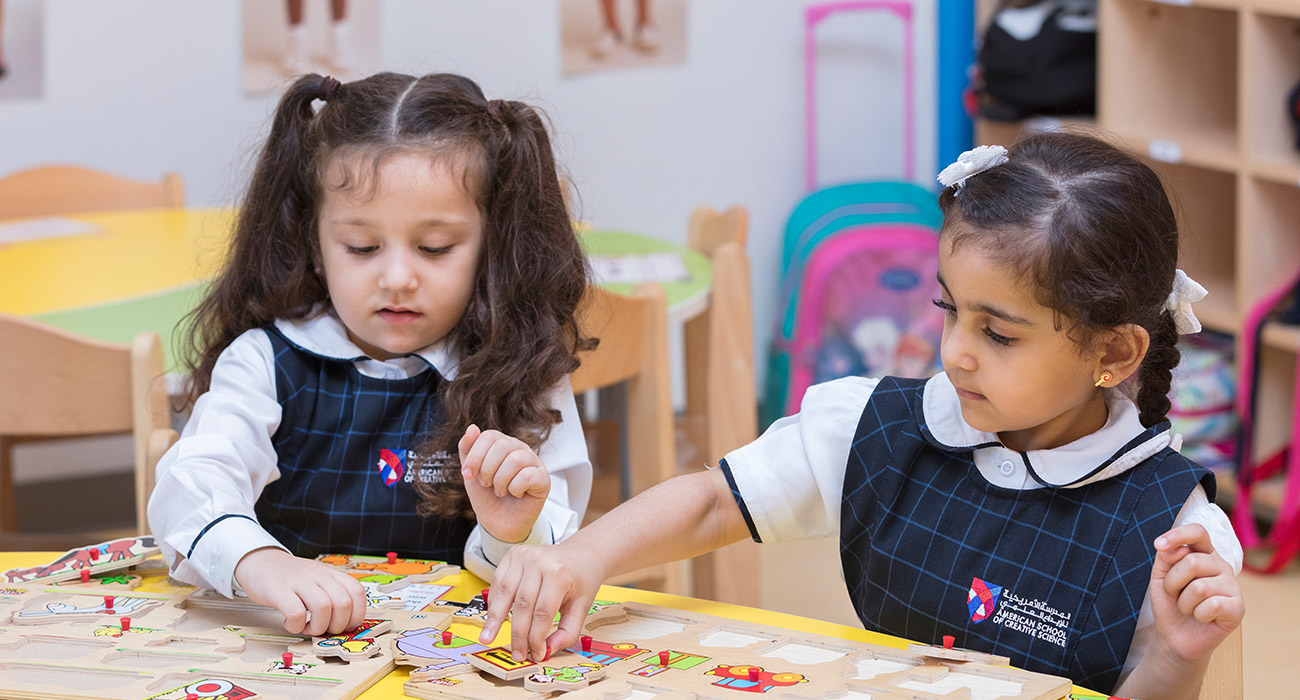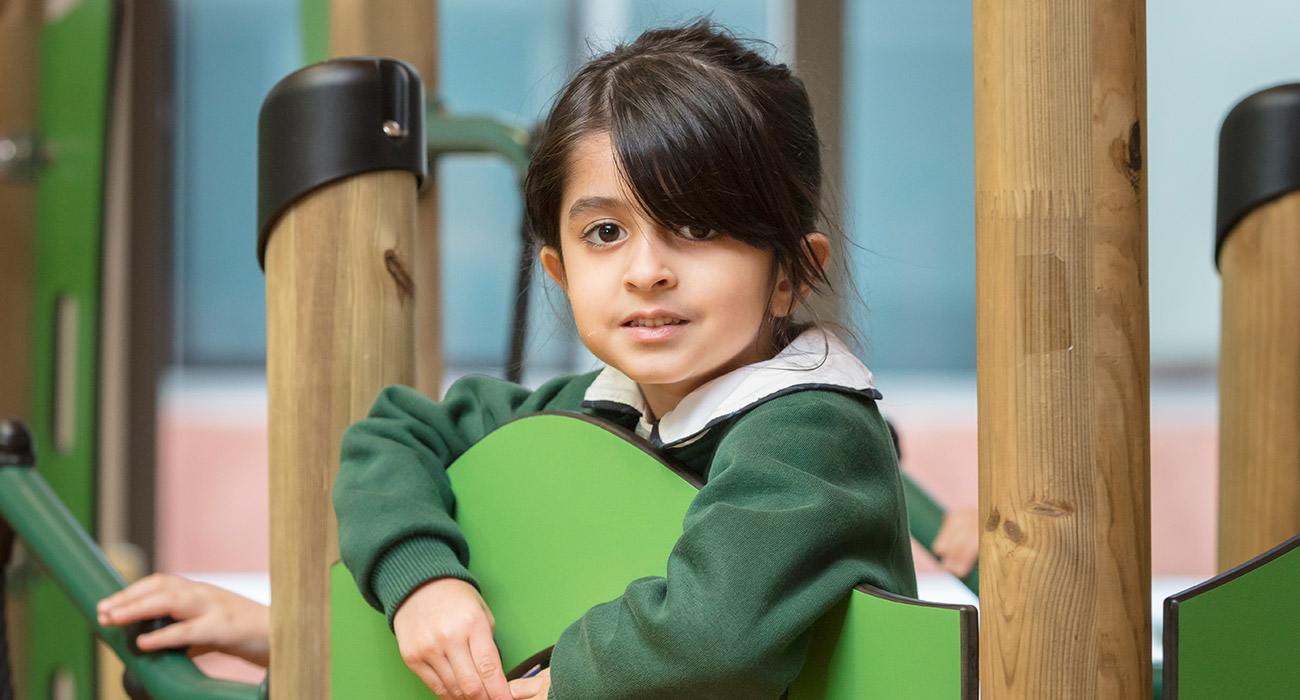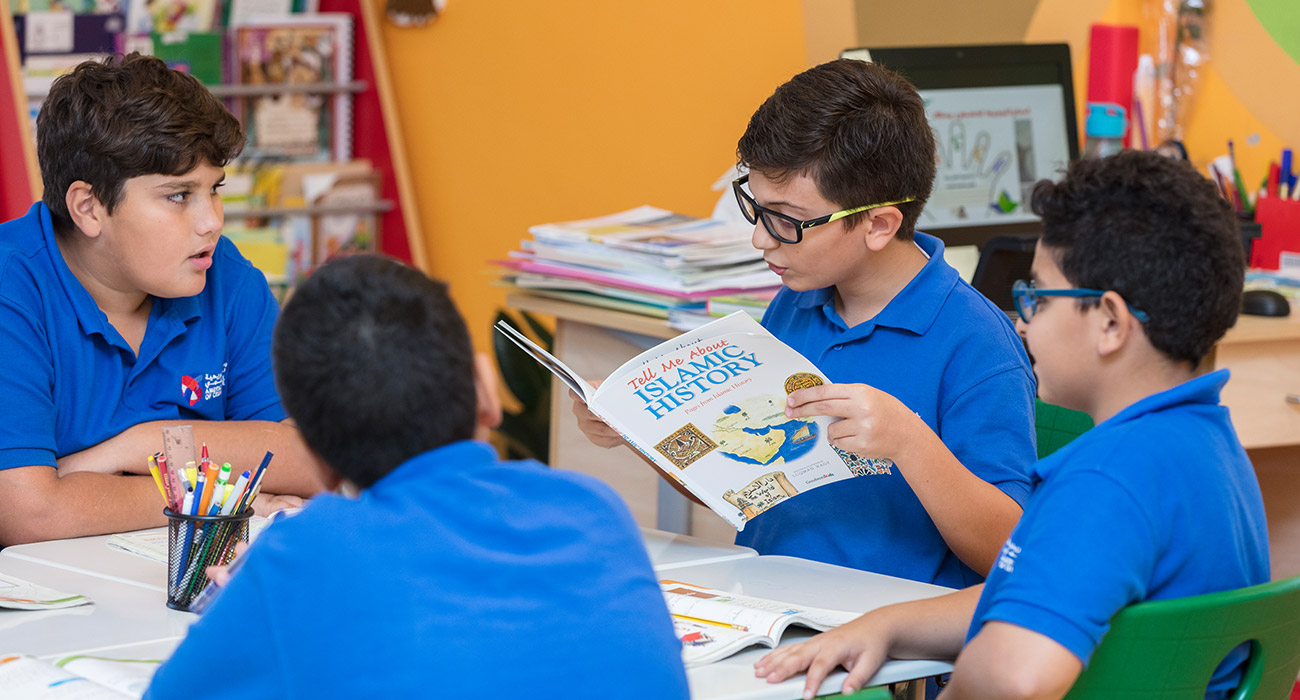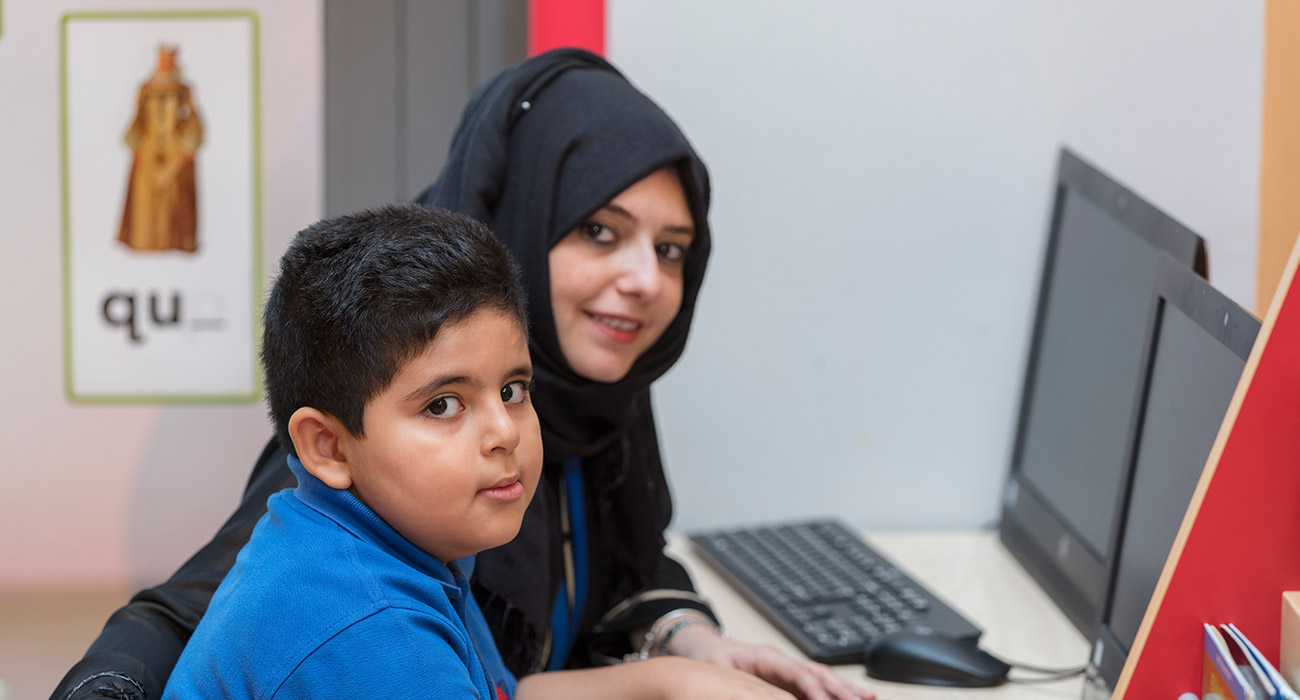
Boosting Your Child’s Confidence

As adults, we understand that confidence is critical in our work and personal lives, but we can forget that it’s as important for our children as well. Self-confidence helps children tackle the challenges they will face while growing up and gives them a firm foundation to fall back on when they struggle.
What can parents do to help their child build confidence? It can be tempting to heap on praise and shield them from failures and difficulties so that they don’t experience disappointment or failure. But decades of research indicates that over-praising and rescuing children from hard tasks actually undermine their sense of self-confidence. Instead, try these three tips to help your child feel more self-assured and ready to face their next challenge.
Help them set realistic goals
Young children should be big dreamers and feel free to share those dreams with their parents. However, we also want to help them direct their attention towards achievable goals as they get older. A young child may dream of becoming the next Lionel Messi. But if a preteen or teen still says they want to be a professional footballer, but isn’t making the cut, then it’s time to reframe those goals more realistically. Help them examine what really excites them about their goal, and look at other ways to achieve that objective.
Be a coach for your child
What does it mean to be a coach? A coach gives support, advice, and encouragement, but it’s the child who plays the game. As a parent, coach your children by offering support when they face challenges instead of ‘fixing’ it for them. When they work through a difficult task themselves, knowing that you are there to encourage them, they will build their self-confidence by increasing their own competence. And if your child experiences a disappointment, you can work together to learn from the experience and be ready for the next challenge.
Let them know that no one is perfect
Of course, our children are perfect to us, but if they feel like they have to be perfect all of the time, they can become anxious and afraid to try new things. Instead, show them that even the best and brightest make mistakes – and that’s ok! Tell them about times when you have made a mistake and explain what you learned from it. They will be able to see that making a mistake isn’t the end of the world and it may even teach them something valuable.
As you work on boosting your child’s self-confidence, remember that we are here to help. Our faculty and staff can work with you to nurture your child’s confidence and address any concerns you may have.









